Understand multiplication Worksheets for Ages 8-9
6 filtered results
-
From - To
Explore our "Understand Multiplication Worksheets for Ages 8-9," designed to build foundational math skills in young learners. These engaging and educational printables focus on key multiplication concepts, ensuring children grasp the basics through colorful activities and fun exercises. Perfect for classroom use or at-home practice, our worksheets encourage critical thinking and problem-solving. With step-by-step guidance, students will confidently master multiplication tables and operations. Turn math challenges into exciting learning adventures and watch them soar! Sessions stick to educational standards and progressively develop proficiency. Impress every young mathematician with our expertly crafted resources today!
Understanding multiplication is crucial for children aged 8-9 because it's a foundational math skill that significantly impacts their academic progression and cognitive development. At this stage, students transition from simple addition and subtraction to more complex arithmetic operations, and multiplication serves as a building block for advanced mathematical concepts like division, fractions, and algebra.
For parents and teachers, it's important to foster a solid grasp of multiplication to boost a child's confidence in math, which often translates to improved attitudes toward other subjects. Fluency in multiplication also aids in practical, everyday tasks such as time management, financial literacy, and proportional reasoning, preparing children for real-world applications.
Cognitively, mastering multiplication promotes pattern recognition, memory retention, and problem-solving abilities. It underscores mathematical relationships and principles, which can enhance logical thinking and analytical skills. Early competence in multiplication thus ignites a love for math and learning in general.
Moreover, education stakeholders should recognize that early math proficiency can predict academic success across a wider curriculum. By emphasizing the importance of multiplication understanding in the 8-9 age range, parents and teachers can set the groundwork for a lifelong trajectory of educational achievement and intellectual curiosity.


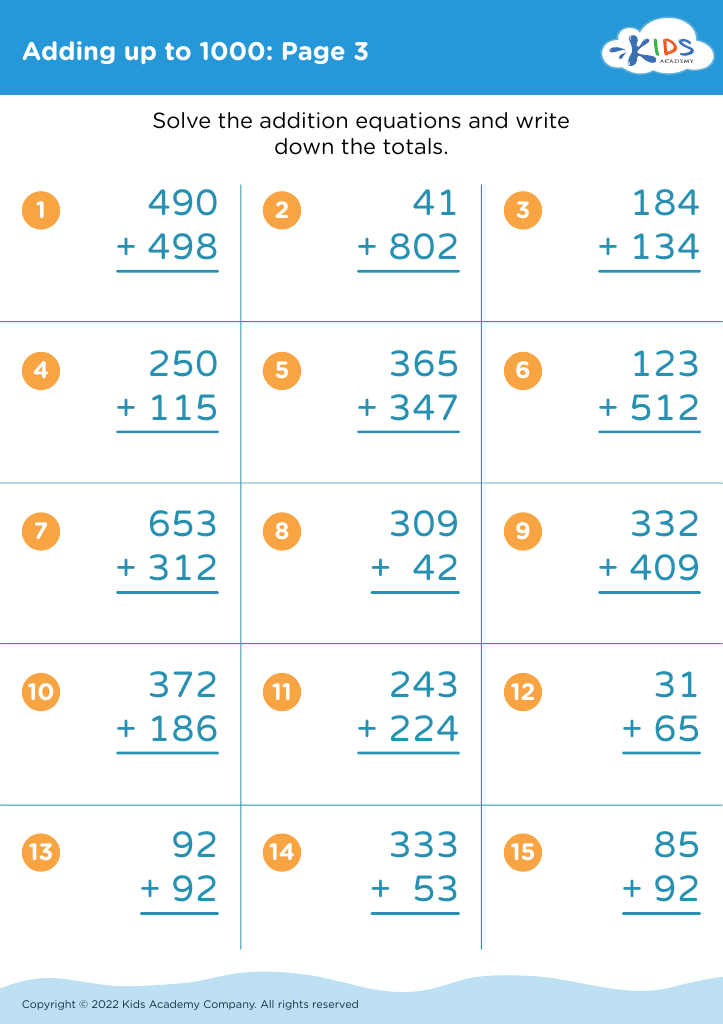
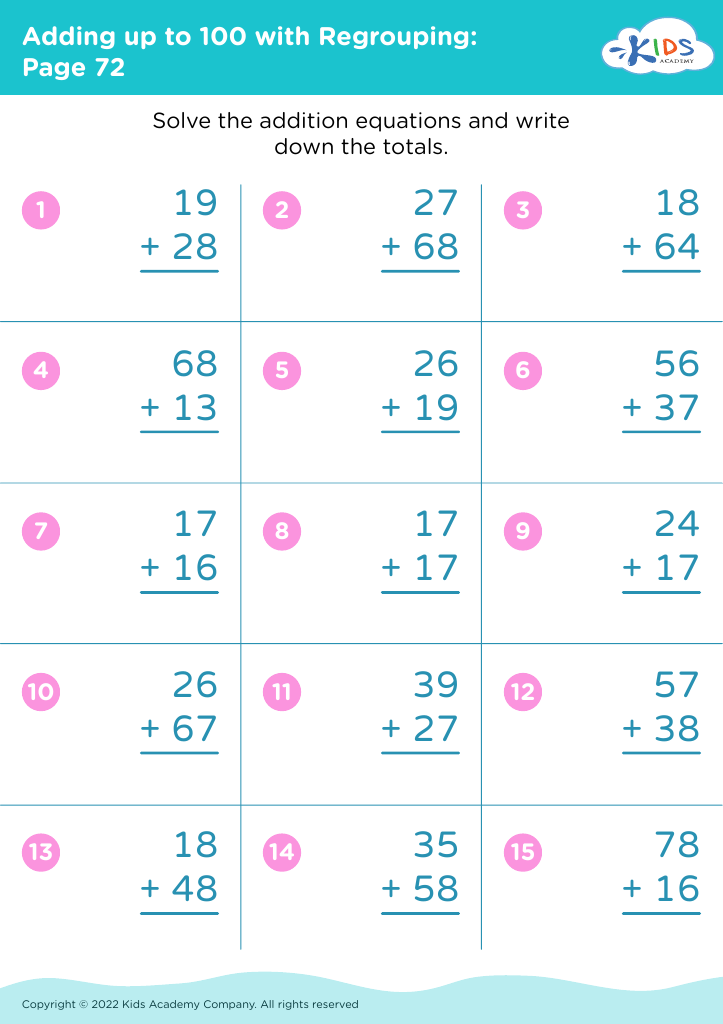
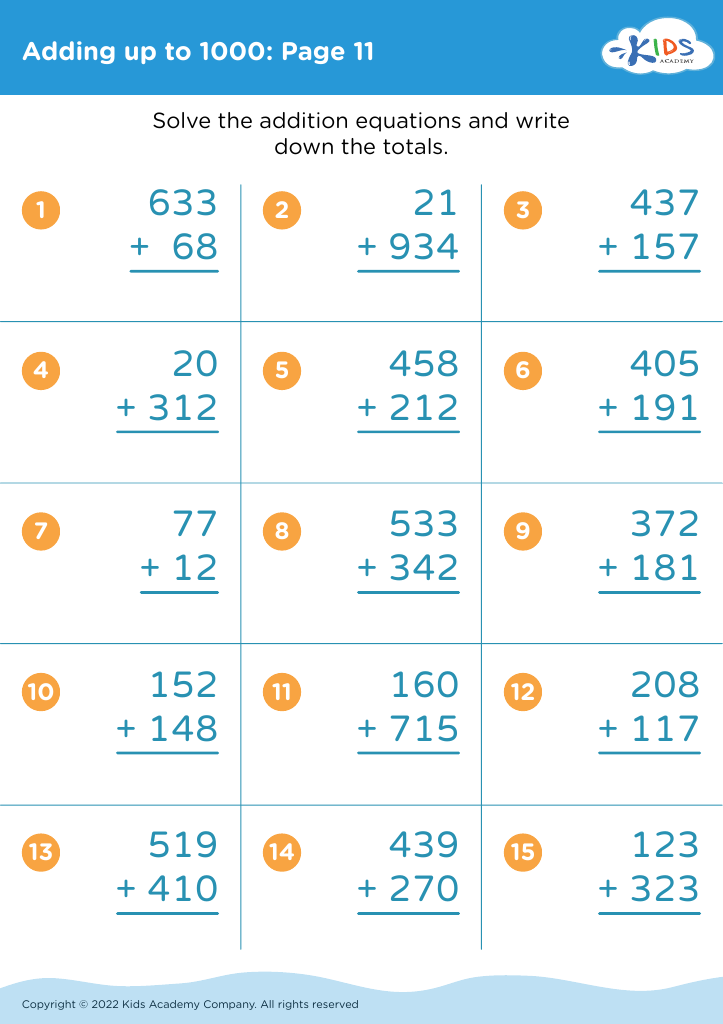
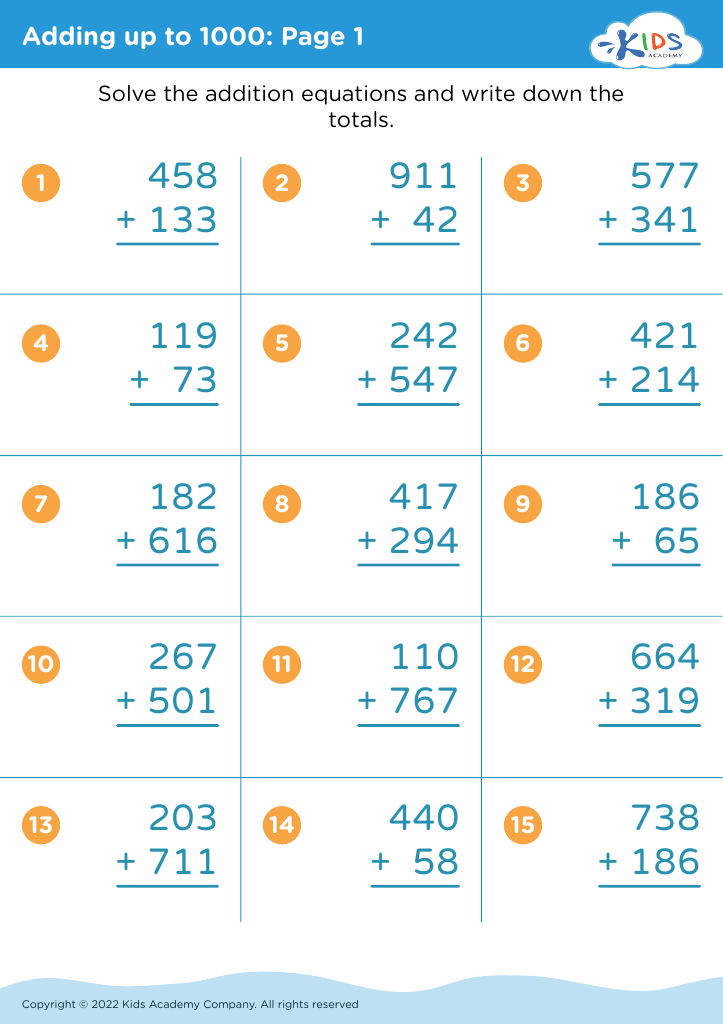
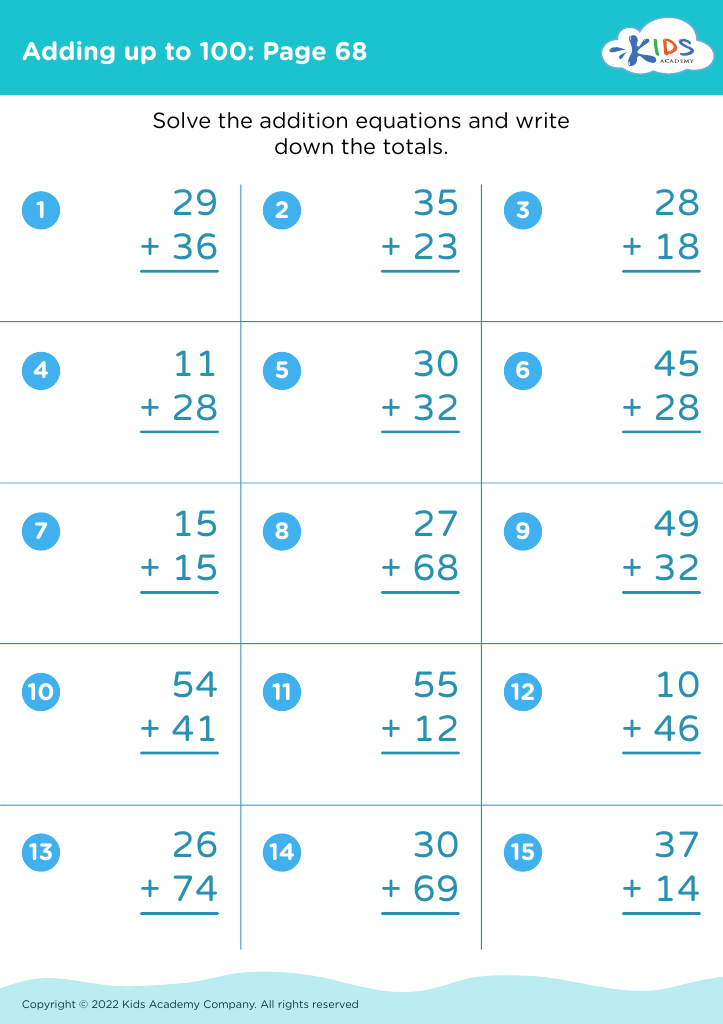


%20(1).jpg)









